When we talk about mental health in communities of color, we have to talk about Bebe Moore Campbell. She wasn’t just a bestselling African American author — she was a bold truth-teller, a fearless advocate, and a champion for healing in the Black community.
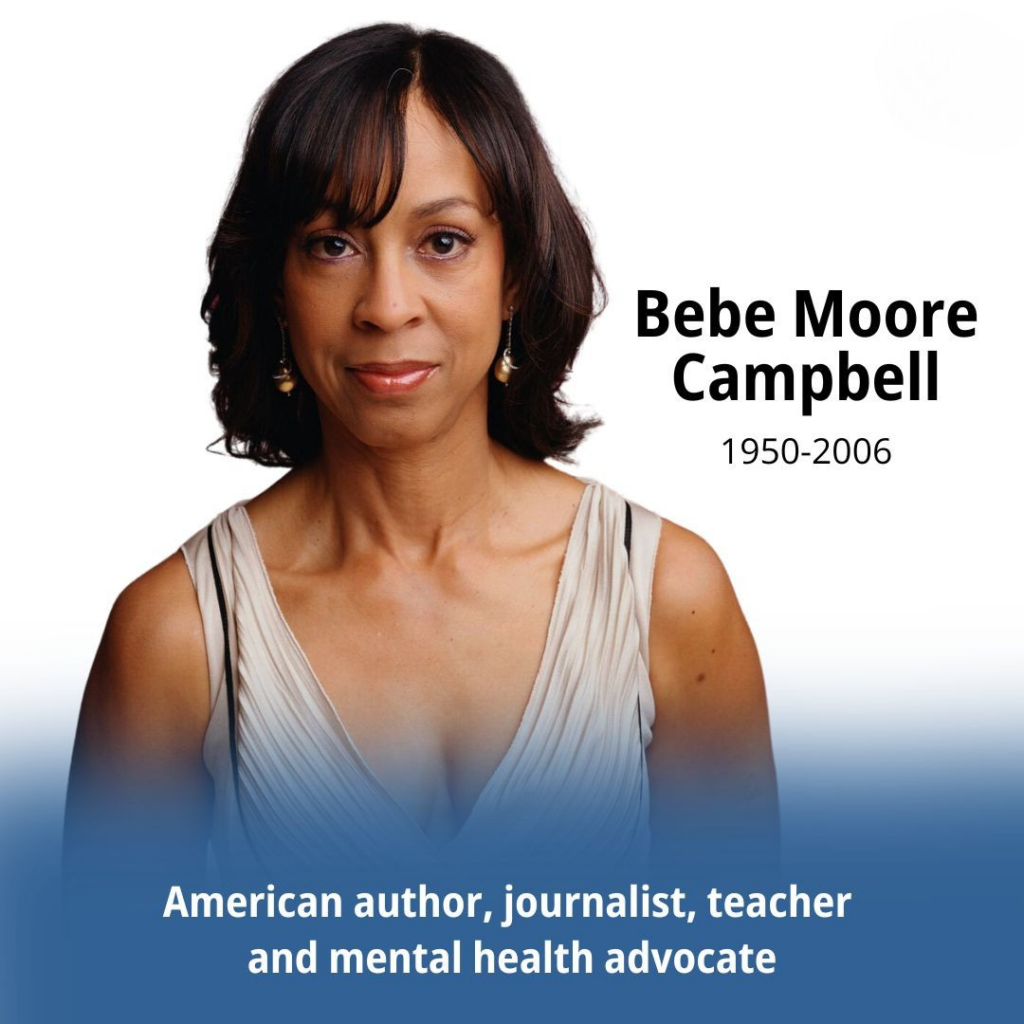
Who Was Bebe Moore Campbell?
Born Elizabeth Bebe Moore in Philadelphia, she grew up between two very different worlds – her mother’s strict Northern household and her father’s laid-back Southern roots in North Carolina. Those early experiences with racism, class differences, and cultural contrasts helped shape her bold, insightful worldview. (Source)
Armed with a degree in education from the University of Pittsburgh, Bebe began her career as a teacher before fully stepping into her calling as a writer. Through her novels, essays, and children’s books, she tackled topics many shied away from: racial trauma, mental illness, gender dynamics, and family instability.
Writing, for her, became a form of community healing.
Literary Excellence with a Social Mission
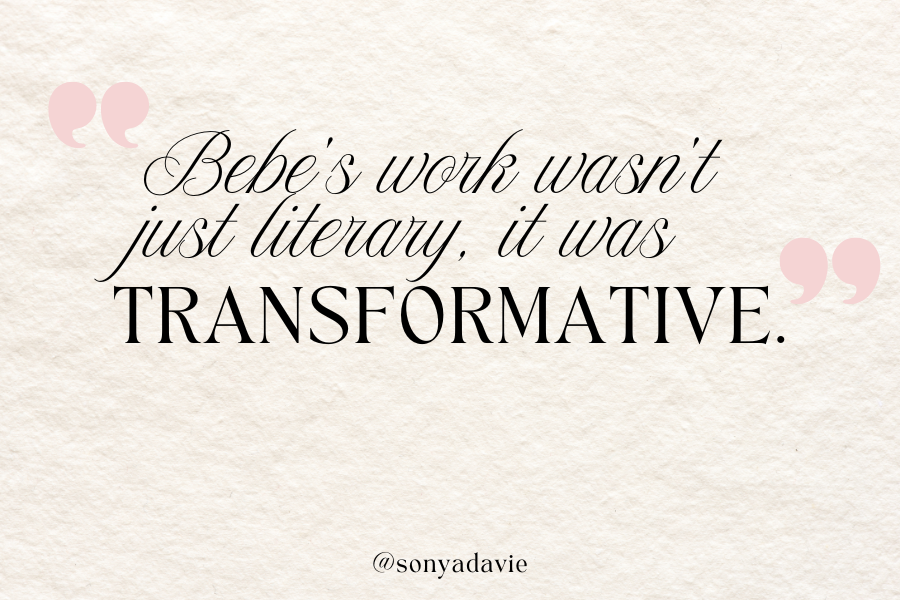
Her novels Your Blues Ain’t Like Mine, Brothers and Sisters, and 72 Hour Hold, bravely explored racial and psychological struggles with raw honesty. She also penned children’s books and essays that opened up space for conversations around pain, silence, and healing in Black families.
In Successful Women, Angry Men, she unpacked the tension in Black dual-career households. And 72 Hour Hold, inspired by her own life, exposed the cracks in the mental health system.
For Bebe, storytelling was never just about art – it was activism. Her books were classrooms, her readers are students in lifelong lessons about survival, truth-telling, and collective healing.
Advocacy Born from Personal Struggle
Bebe’s fight for mental health awareness was deeply personal. Her daughter, actress Maia Campbell, was diagnosed with bipolar disorder, a journey that revealed the layers of stigma and neglect Black families often face when seeking support.
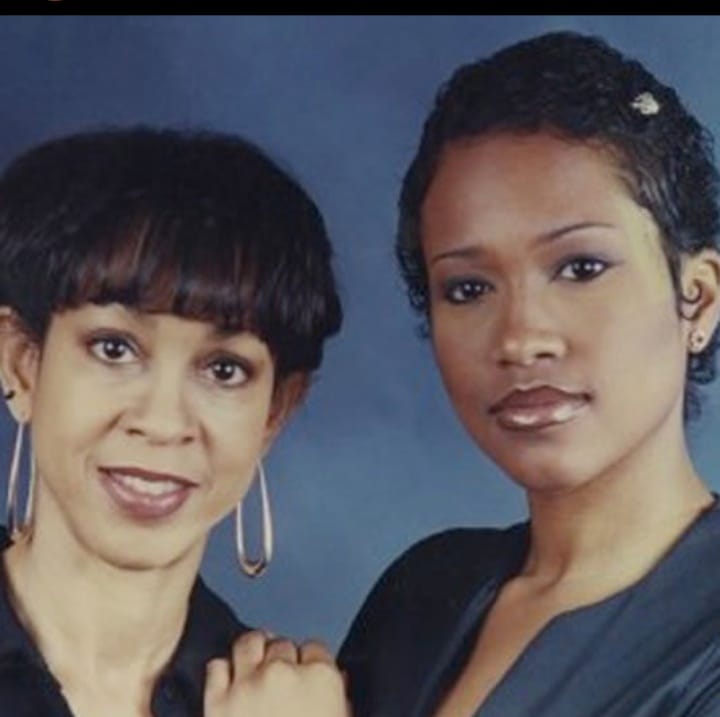
Instead of staying silent, she spoke out. Loudly.
- She wrote Sometimes My Mommy Gets Angry, an award-winning children’s book that gently helped families talk about mental illness.
- She co-founded NAMI-Inglewood, a culturally focused chapter of the National Alliance on Mental Illness.
- She spoke out through media, community events, and interviews, always pushing for equity and culturally competent care.
“It’s not shameful to have a mental illness. Get treatment. Recovery is possible.”
— Bebe Moore Campbell
Why July Was Renamed in Her Honor
Before her passing from brain cancer in 2006, Bebe made it her mission to break the silence surrounding mental illness in communities of color. And her voice carried.
In 2008, just two years after her death, Congress officially named July as Bebe Moore Campbell National Minority Mental Health Awareness Month, a resolution led by Rep. Albert Wynn and backed by organizations like NAMI.
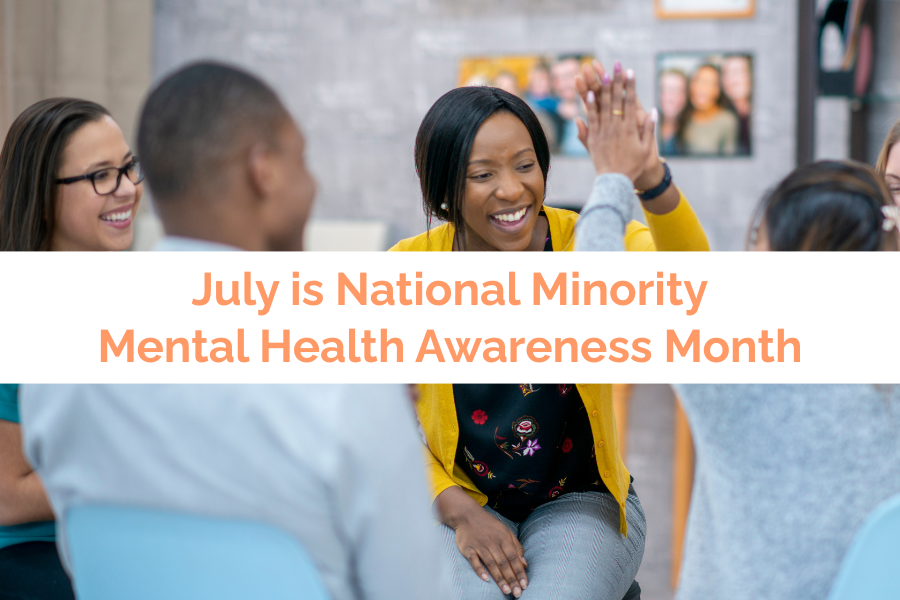
This renaming was not symbolic. It was a recognition of her life’s work, pushing America to address:
- The disparities in mental health care access for communities of color.
- The cultural stigma that prevents Black families from seeking help.
- The need for culturally competent treatment, policy reform, and community healing.
Bebe Moore Campbell’s legacy lives on this month. July isn’t just a time for awareness — it is a reminder that one Black woman’s truth-telling changed national conversation.
Maia Campbell’s Journey of Recovery
After Bebe’s passing, her daughter, Maia Campbell, went through a very public journey with bipolar disorder and substance use. Her struggles were often captured in viral media, highlighting both her vulnerability and the lack of systemic support.
But in recent years, Maia has made strides. In 2025, she announced plans to adapt 72 Hour Hold into a film or TV project, hoping to partner with Tyler Perry. This creative project marks a turning point in her recovery and continues her mother’s mission to humanize mental health issues in Black families.
How You Can Carry Her Legacy Forward
This Minority Mental Health Month and beyond – let’s honor Bebe Moore Campbell by doing the work she started:
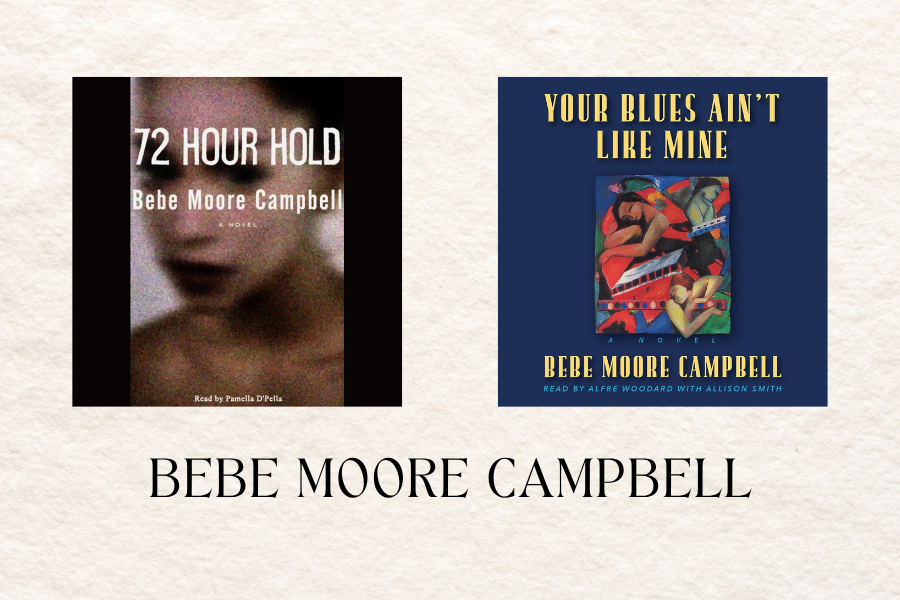
✅ Reading and sharing her books: Your Blues Ain’t Like Mine, 72 Hour Hold, and Sometimes My Mommy Gets Angry. Grab the Audible audiobook versions of her books below:
✅ Promoting culturally competent care: Support providers and organizations that center Black mental health.
✅ Starting hard conversations: Whether in schools, churches, or your own family, normalize talking about mental illness.
Summary:
Bebe Moore Campbell didn’t just write stories, she wrote truths.
She didn’t just speak up, she created space for others to speak. She didn’t just hope for change, she made change.
As we move through July, let’s not treat this as just another awareness campaign.
Let’s remember it’s a tribute to a woman who transformed pain into purpose and helped an entire generation find the courage to say: “I need help” and know that’s okay.
Because of Bebe Moore Campbell, we say the words “mental health” louder, with pride, throughout our community.
+ show Comments
- Hide Comments
add a comment